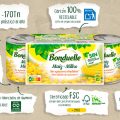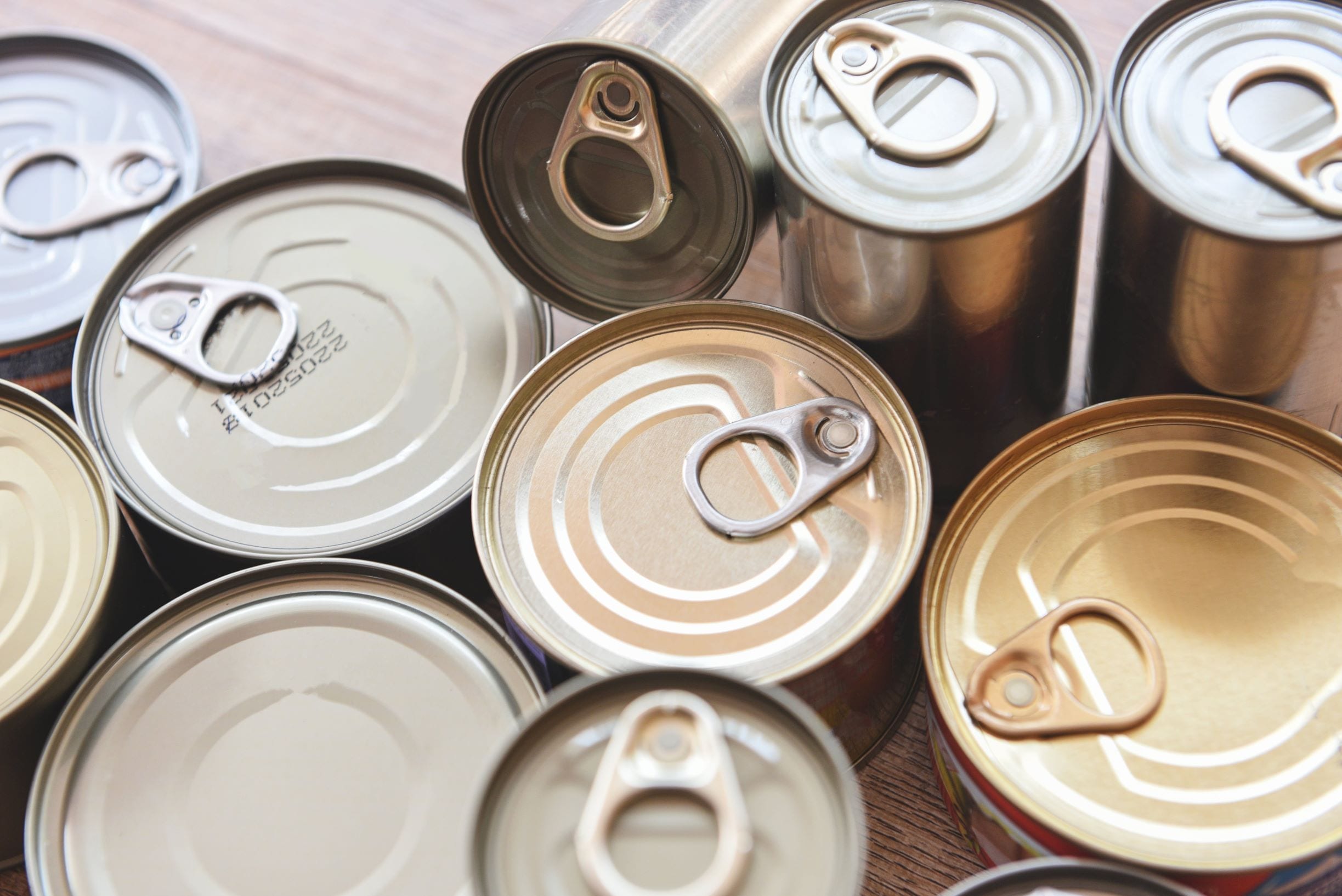The European Food Safety Authority (EFSA) has just released a draft scientific opinion recommending lowering the safe limit for bisphenol A, a substance that has been associated by science with countless health problems and has been detected in the bodies of virtually the entire population.
Bisphenol A is a chemical used to manufacture polycarbonate plastic, which can be used to secure food contact materials such as water dispensers or food production items. BPA is also used to produce epoxy resins to form coatings and protective linings for food and beverage cans. This substance is currently regulated for the manufacture of plastic materials by Commission Regulation (EU) 10/2011 of 14 January 2011 on plastic materials and articles intended to come into contact with food.
In 2006 and 2015, EFSA previously assessed the safety of BPA for use in food contact materials. At the time of the last assessment, the experts were only able to establish a temporary TDI due to uncertainties and highlighted the need to complete some data. EFSA experts carried out extensive preparatory work for this new assessment, including publication and testing of the hazard assessment protocol in 2017 and 2019.
According to the results of the re-evaluation of the CEF (Technical Commission on Food Contact Materials, Enzymes, Flavoring and Processing Aids), a panel formed by a group of experts in food risk assessment in relation to chemical, toxicological, epidemiological, microbiological, technological substances, etc., they consider it necessary to reduce the tolerable daily intake (TDI) to 0.04 nanograms per kilogram of body weight. The agency’s 2015 assessment established for bisphenol A a TDI of 4 micrograms per kilogram of body weight per day. However, the admissible daily value has been considerably reduced. For the time being, this proposal must be submitted to the European Commission, as it is a draft with the results for analysis and adoption of measures.









